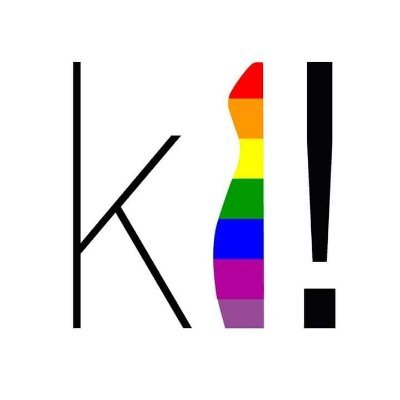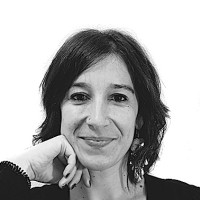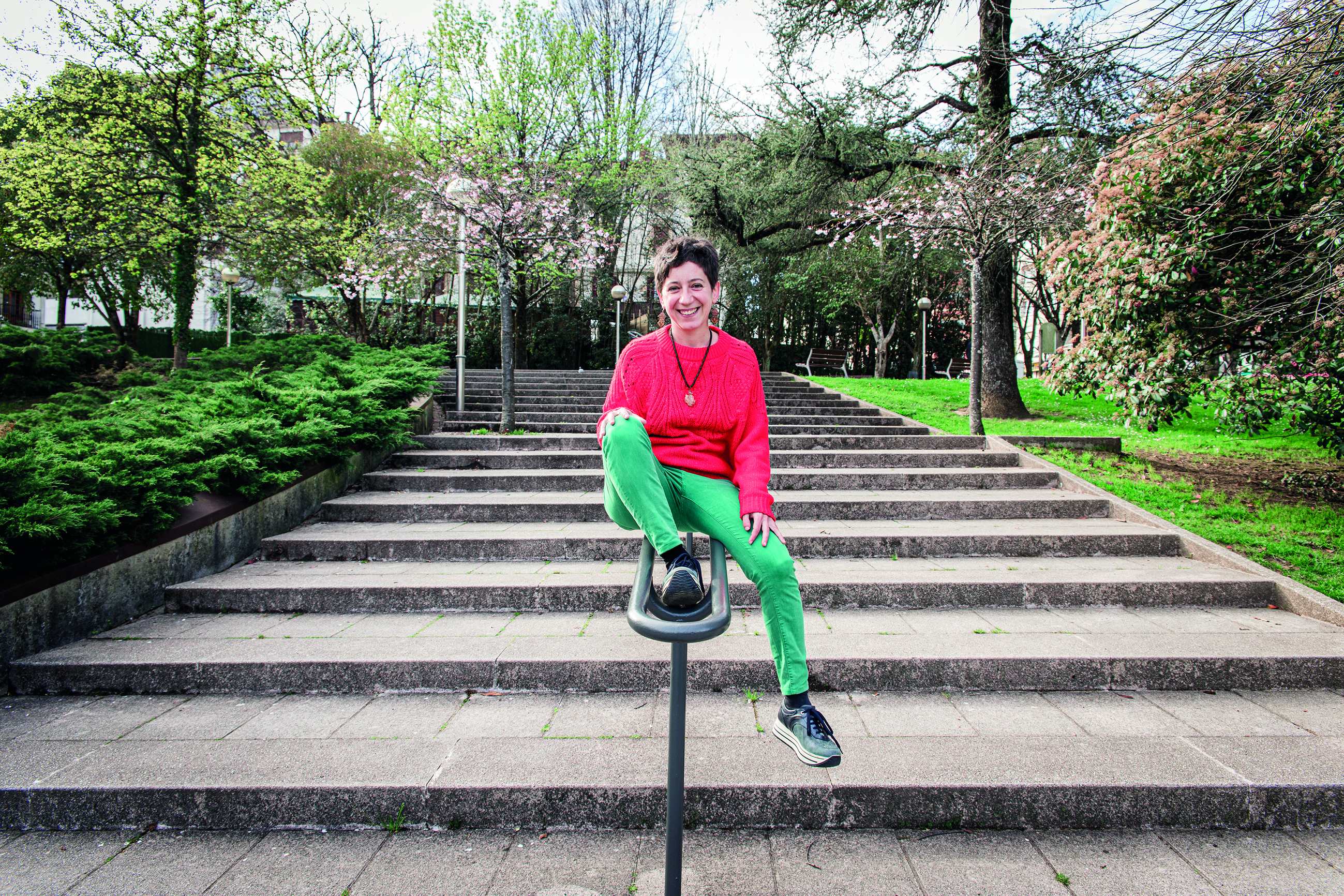Capitalism doesn't work, life is something else.
- Last week, Nicaraguan farmers Lola Esquivel González and Marlen Sánchez Calero and the Salvadoran baserritarra Ana María Quinteros Calles traveled to Euskal Herria. They were in Leioa, Donostia, Irun, Bilbao and Roncal to share experiences about the feminist, peasant and popular economy and put upside down the financial system we have.

On October 8, women from different realities and contexts sat around the table, under the slogan “Peasant and popular feminism, ethical finance and feminist economy”, to explain and reflect on the alternatives they drive in the face of the current patriarchal capitalist system. The round table was held at the Women’s House in San Sebastian, organized by the entities Financiaz Haratago, Elkarcredit and Mundubat.
To give a view of Euskal Herria, there were also Josefina Roco Sanfilippo, an expert in feminist economics from the Mundubat Foundation, and REAS Zaloa Pérez from the Euskadi. Josefina Roco decorated the Women’s House with a photo of the phrase “Capitalism does not work, life is something else”, which was the main thesis of the round table.
To organize and bring together ideas, the event was led by Irati Cifuentes Axpe, a member of Economists Without Borders. “We use the patriarchal and capitalist system over and over again without reflection,” Cifuentes began: “It’s essential to build alternatives from feminism, and that’s why we’re here today to prove that there are alternatives.”
Finance is not exact science.
All the experts at the table agreed; our financial system has a ‘male’ view. “We have been sold that our financial and economic system is rational and objective,” said Zaloa Pérez, “but our management model of the world is neither sustainable nor real.”

“Ideas related to nature and care are considered ‘feminine’ and progress, productivity and usability are ‘masculine’,” said REAS member. “We have to change that management culture based on male and patriarchal values and give more value to life.”
Irati Cifuentes pointed out that we are stuck in this system and that the institutions do nothing to this situation: “The current Spanish State Financial Education Plan does not call into question the financial system we have. Banks invite schools and institutes to explain how the financial system works, as if it were an absolute truth.”
When it came to male and female models, Josefina Roco commented on an important detail: “A business run by women does not mean that it is an emancipating initiative” He made it clear that many women have acquired a masculine perspective in the economic tasks: “We believe that the most important objective is ‘Progress’, that consumption is a reflection of well-being and that power is essential.”
But is the importance of productivity objective? The feminist economy questions this statement: “We cannot price everything, what capitalism leaves on the carpet is also important, not everything should be monetary,” Roco said. “Without care, life cannot be maintained.”
The feminists in Central America have a lot to teach
Our current financial system leaves no room for trust. In order to apply for a loan, it is essential to file a guarantee. If there is no monetary benefit, the system regards this action as absurd. So even if you accept the loan, you give us interest.
The Nicaraguan Lola Esquivel, however, proved that it is possible to create other models. Esquivel is a member of the cooperative Gloria Quintanilla and has participated since its creation: “When we started working, the women in the Santa Julia community only had 17 percent of the land. We were with men in the organizational spaces, but some of us started questioning the ‘male’ management model. Then we brought a proposal to those spaces: the revolving fund.”
The approach of the Shift Fund was as follows: Each participant had to give a certain amount of money a week, and all the money raised could be borrowed by someone who needed it, in exchange for a very low interest. Interest money would be used to invest in the cooperative: purchase of field tools, workshops, etc.
“The men took us crazy,” Lola traviesa said: “They asked us: Will you trust one another without any guarantee? And if someone doesn’t give back the money, what?’ Then we knew that we had another vision to understand finance, and we believed for the first time that another world was possible.”
When a few women started this model, they considered it crazy for men to use part of their personal care benefits. With this money, medical sessions were organized to detect cervical cancer or for dental examinations, in addition to funding hairdressing sessions.
Today, forty women meet every Sunday to raise, grant and borrow and make group decisions. “As it has worked so well, men have also approached us wanting to participate,” Esquivel said with pride. They give them loans, with a higher interest, because they are not members of the cooperative.
They are now the same ones who initially saw it with mistrust, but the way to reach this situation has not been easy. “We have had to enter as Sugandil in the peasant struggle and now women have 60% of the land of our community,” said the Nicaraguan.
Marlen Sánchez is a member of the Association of Rural Workers of Nicaragua and participates in the organization of training for women. “We organize schools for baserritarras women to work with dignity,” Sánchez said: “It is not easy to make changes within this patriarchal system.”
In the words of the farmer, “we fight for peasant women to acquire land, water and dignified conditions, and from this reality and need we born the concept of peasant and popular feminism. In this struggle, men and women, we all have to face the system that oppresses us, patriarchy and capitalism.”
However, Sánchez denounced the inequality that exists in agricultural organizations: “In theory, all members of the association agree with gender equality, but in practice you do not see that conviction. There are many couples in peasant organizations and, when there are meetings, men only appear on many occasions, because women have to stay caring for children.”
Ana María Quinteros is a member of the National Association of Agriculture and Livestock of El Salvador. Like the Nicaraguans, he denounced the disparity: “The situation of peasants is very vulnerable, but even more serious is that of women farmers.” Quinteros also stressed the value of the work of ensuring the rights of rural women: “What we do is very difficult, it goes against the flow of water in a world that pivots around money and markets.”
“When we started organizing exclusive activities for women, the men of the association complained asking for explanations,” the Salvadoran said. “We clearly explain to them the reason: all the other spaces of the association are for men, even if they don’t say so.”
After listening to his words, Irati Cifuentes commented on the importance of extending these experiences in the Basque Country: “These models mentioned to us by the experts from Central America must be transferred to the educational field to demonstrate that there are alternatives for the organization of the financial system. If the financial education of the generations to come is in the hands of those who created the economic crisis, we will never be able to leave this system.”

“Let each fight for his trench”
Apparently, very different women met at the table: young and old, from this and that continent, rural and urban... However, all agreed with what was said by the rest and found similarities in many accounts.
In the words of Josefina Roco, “it is no coincidence that there are common situations, even if we have different contexts; in one way or another, this heteropatriarchy crushes us all”. Marlen Sánchez called for international solidarity when he heard it: “Internationalism is key to the feminist struggle; your oppression should feel me and you have to internalize mine.”
As to the similarities, Josefina Roco said: “When you work in the feminist movement, wherever you are, you often hear the following phrase: ‘I was happier when I didn’t realize things.’ They all laughed nodding.
“Everyone has to build their trench, according to their context, but we are in the same war and we have the same goal: equality,” Lola Esquivel summarized at the end of the round table.
Ekonomia feminista izan dugu gaur hizpide Lanaren Ekonomia saioan, Bilbo Hiria, El Salto Radio, ARGIA eta Hordagon arteko elkarlanean.
The same question is provocative. This person who has studied accounting rigidly (I) felt like knowing nothing more than hearing the question. The presentation of the Final Degree Study carried out by a student from the Faculty of Economics and Business of San Sebastián allowed... [+]
As of January 2021, when a child is born in Spain, each parent has sixteen weeks of work leave, of the same length and non-transferable. However, since November 2019, the Basque Government has made authorisations equal by means of a grant. It is presented as a measure in favour... [+]
Pandemiari aurre egiten jarraitzeko, gure erronka nagusia izan behar da bizitza zaintzen duten eremu eta jarduerak indartzea, ondorio sozial latzak borrokatzeko.
Evidence of the gender gap in wage and labor has reached a certain media and social presence in recent times. According to the INE (National Statistical Institute), almost three-quarters of temporary contracts are held by women in the Spanish State. Also, the data provided by... [+]
Beatriz Artolazabalek titular batzuk lortu zituen duela hilabete batzuk, adierazi zuenean Diru Sarrerak Bermatzeko Errentatik (DSBE) hilean kobratzen diren 650 euroak nahikoa direla bizitza duina edukitzeko.























